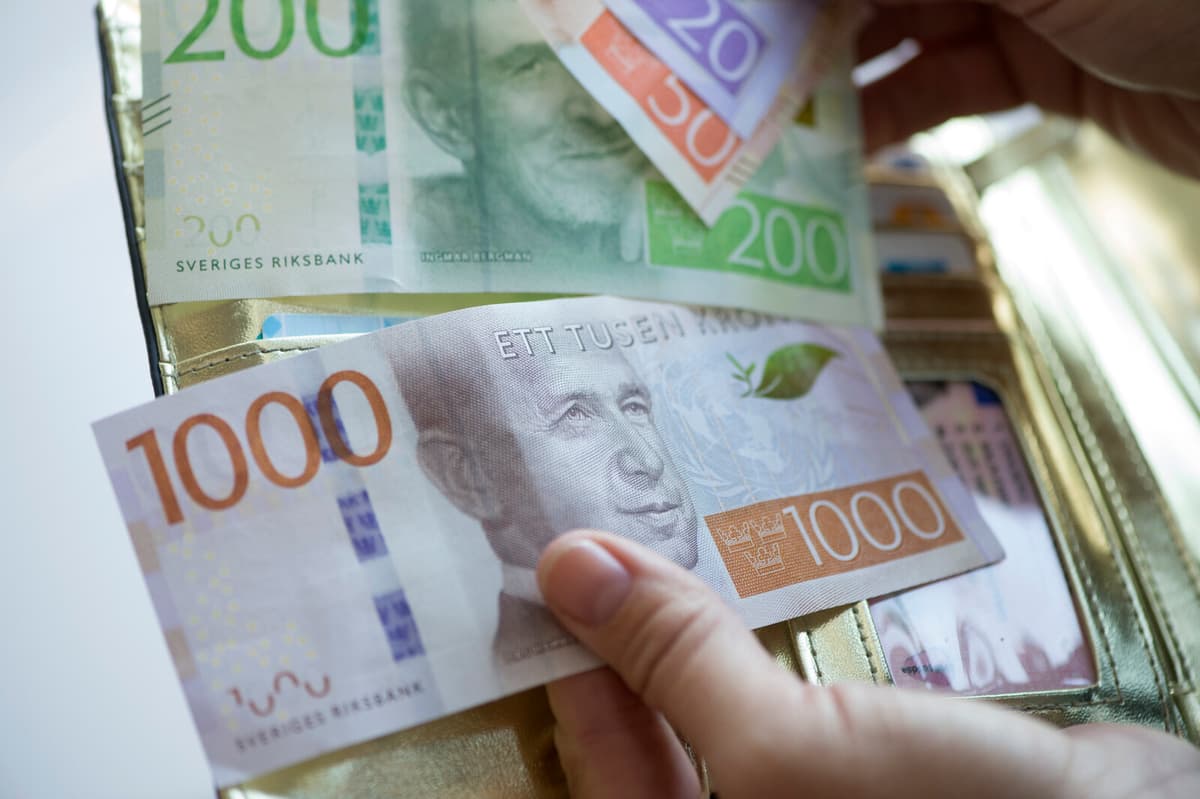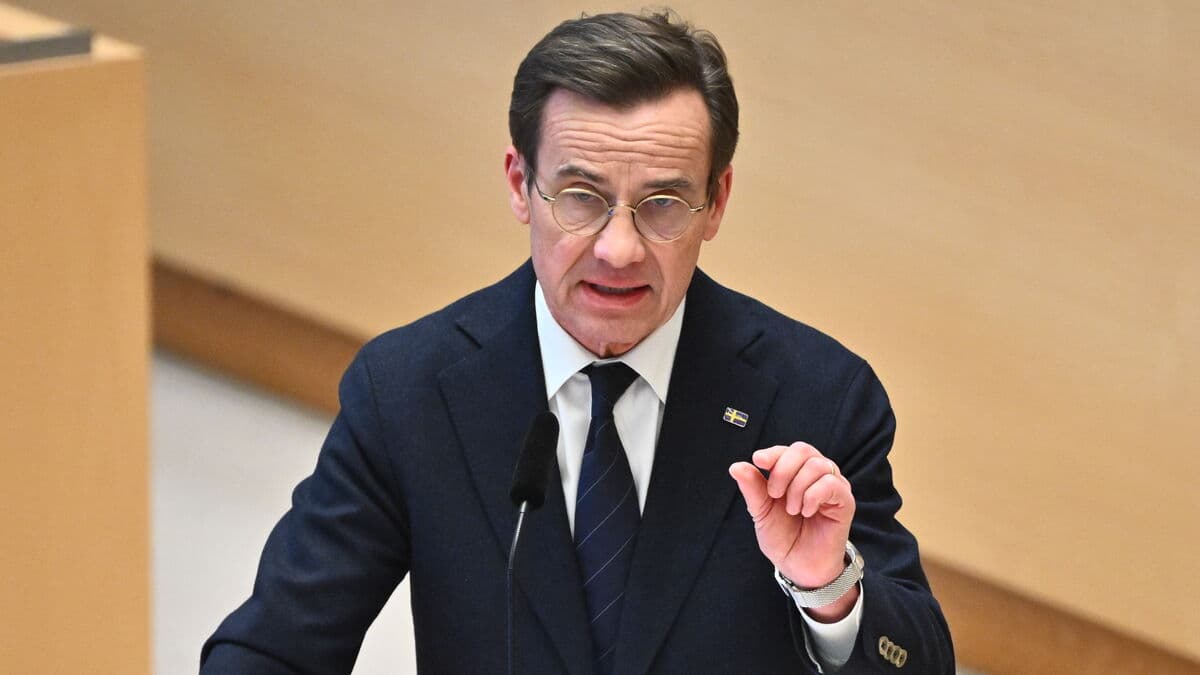The consulting and auditing firm Ernst & Young (EY) has released the report "How is Swedish elite hockey doing?" for the ninth year in a row.
The answer is not so good economically, according to EY's findings.
Despite the SHL setting a new attendance record for the second year in a row, EY's review shows that revenue from ticket sales is being eaten up by increased salary costs in the clubs.
Salary costs increased by 21 percent last season, and 11 out of 14 clubs reported a negative operating result (net sales minus total costs).
"If the clubs cannot find new revenue streams or increase existing ones, they should review their salary costs. It is not economically sustainable for salary costs to increase without revenue also increasing," says Carlos Esterling, according to a press release.
SM-finalist Rögle had the highest salary costs last season, at 133.9 million kronor.
Malmö Redhawks had the lowest salary costs, at 68.1 million kronor.
This season, the requirement for an elite license from the Swedish Ice Hockey Association was for clubs to show an equity ratio of 8 percent of their turnover.
Next season, the requirement will be increased to 10 percent, and EY writes that four clubs, Malmö, Timrå, Örebro, and Linköping, do not currently meet this requirement.
If cost increases continue, two more clubs will be at risk.
Corrected: An earlier version incorrectly stated the number of clubs at risk of not being granted an elite license. The correct number is two more.






